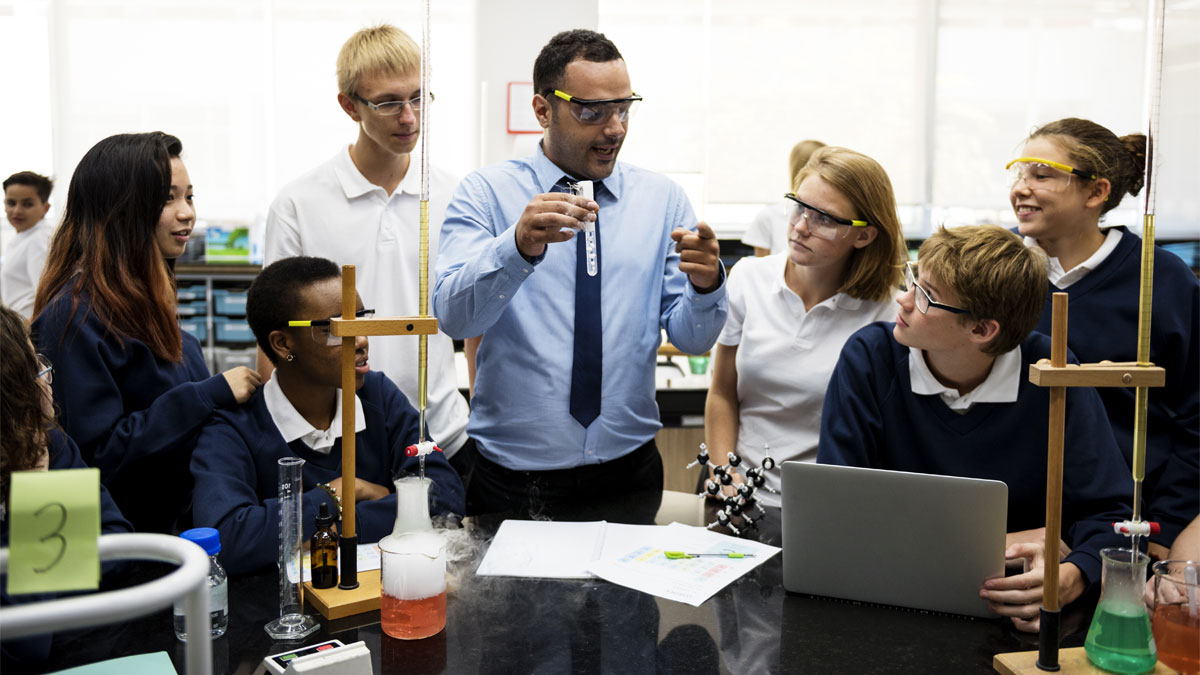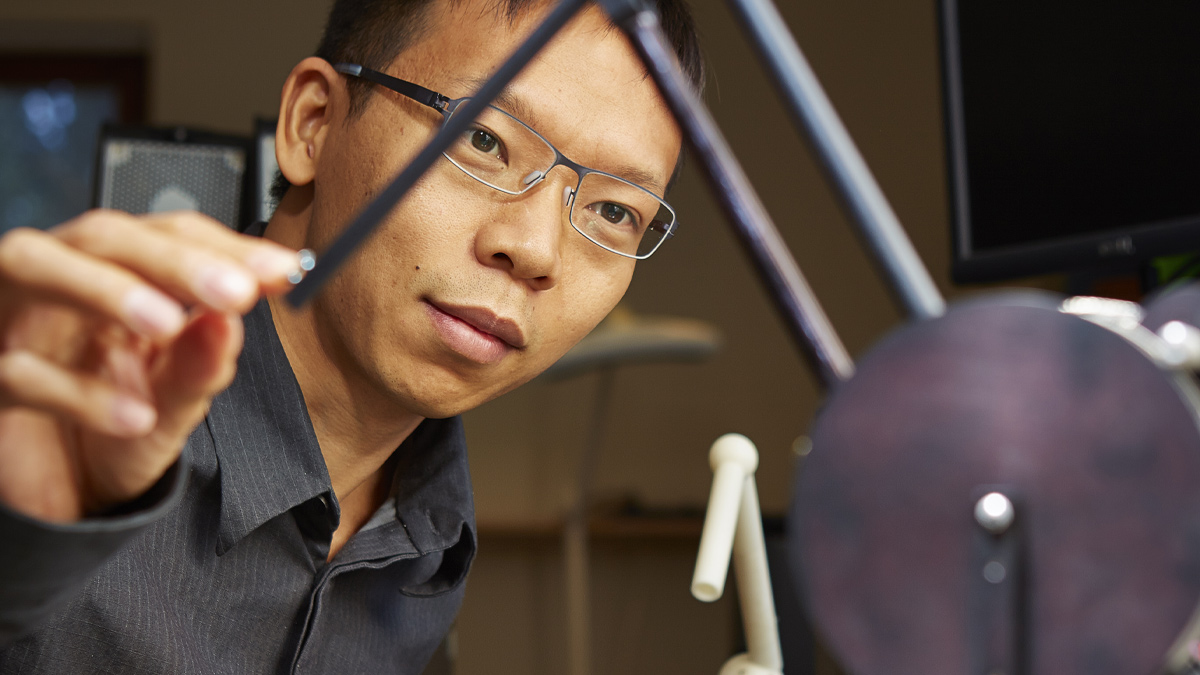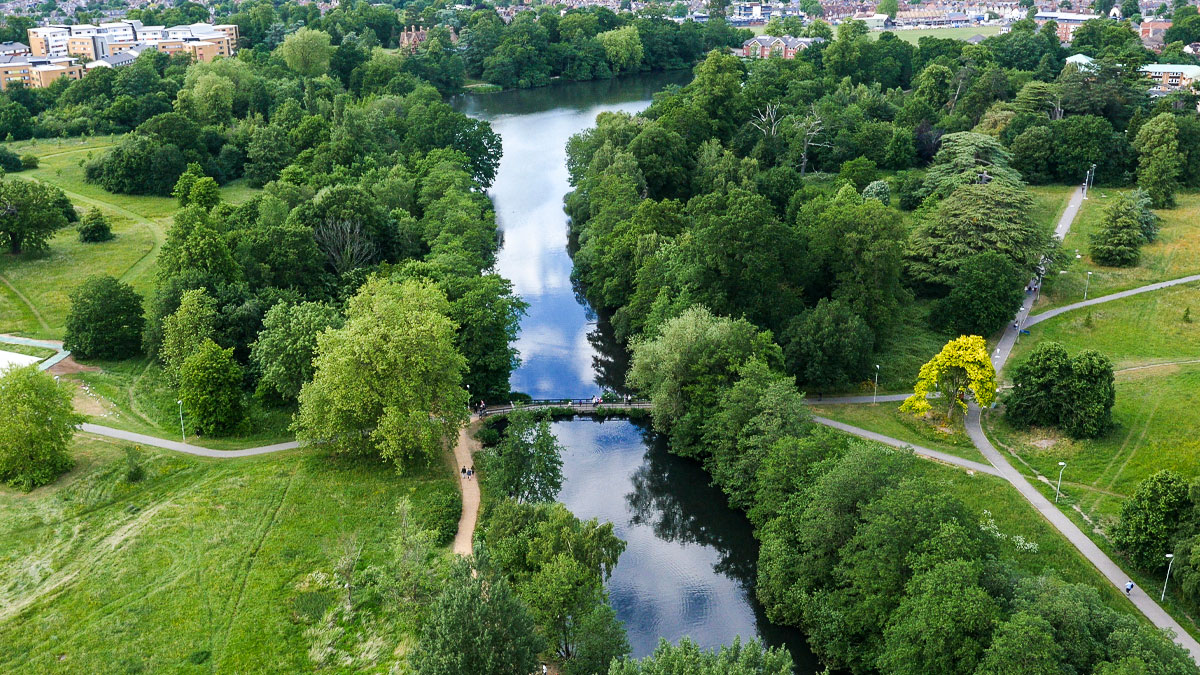
Staff and students in our School share their passion for biology through:
- their teaching
- University Open Days
- public lectures
- science fairs
- presentations at local cafes
- hands-on workshops and mentoring in local schools.
Staff and students in our School share their passion for biology through:

We provide talks for primary and secondary school children on climate change, conservation biology, why plants matter, how brains work, biodiversity in plants, evolution, cancer evolution, how sexes differ, and how to survey wildlife.
We also provide career visits, discussing what it means to be a scientist, educator or conservation biologist and what you can do with a biology degree.

Do you want to know more about heart disease and how your heart works? This beginner's guide to cardiovascular disease (CVD) covers the causes, consequences and treatment of CVD and raises awareness of current research.

Microbes may be invisible without the use of a microscope, but they dominate every environment on Earth – including your body! Learn how microbes function, how they affect our health, food and environment, and how we can make use of microbes to benefit society.

We conduct high-impact research in areas of great relevance to the challenges faced by society and the planet as a whole.
Our wide-ranging research seeks to understand and combat human disease and uncover new ways to protect the natural world.

Our community of staff includes internationally renowned academics, recognised for the excellence of their teaching and research.
